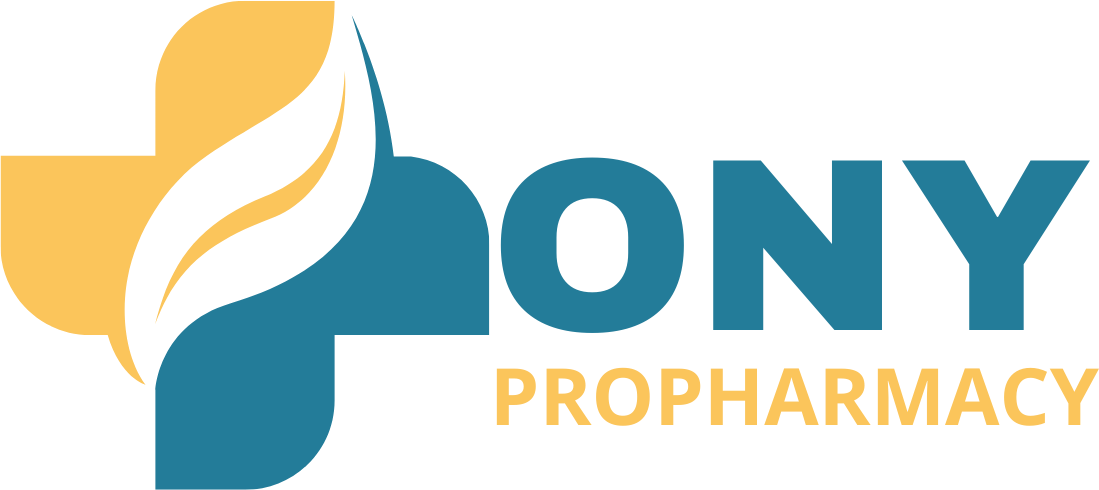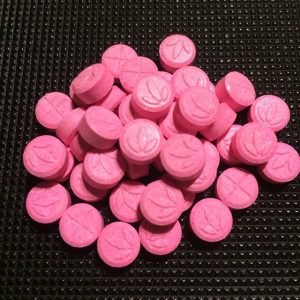We are premium supplier of Prescription pain killer or pain reliever drugs (Opioids, narcotic) online without prescription (No RX) from our oline Pharmacy with.
We ship via different courier services like DHL,TNT and FedEx. We ship orders within 2 to 24 hours of payment is process. Missing, damage & stolen orders will be re-ship within 7 days in case of undelivered order or wrong delivery. We make sure about discreet packing and fast shipping.Contact us
Most of products we stock are branded and generic products manufactured from a licensed/registered pharmaceutical company and approved by FDA
All possible dosages and drug forms may not be included here. Your dosage, drug form, and how often you take the drug will depend on:
- your age
- the condition being treated
- the severity of your condition
- other medical conditions you have
- how you react to the first dose
Forms and strengths
Generic: Acetaminophen-hydrocodone
- Form: oral tablet
- Strengths:
- hydrocodone 5 mg/acetaminophen 300 mg
- hydrocodone 7.5 mg/acetaminophen 300 mg
- hydrocodone 10 mg/acetaminophen 300 mg
- hydrocodone 2.5 mg/acetaminophen 325 mg
- hydrocodone 5 mg/acetaminophen 325 mg
- hydrocodone 7.5 mg/acetaminophen 325 mg
- hydrocodone 10 mg/acetaminophen 325 mg
Brand: Norco
- Form: oral tablet
- Strengths:
- 2.5 mg hydrocodone/325 mg acetaminophen
- 5 mg hydrocodone/325 mg acetaminophen
- 7.5 mg hydrocodone/325 mg acetaminophen
- 10 mg hydrocodone/325 mg acetaminophen
Dosage for moderate to severe pain
Adult dosage (ages 18 years and older and weighing at least 101 pounds [46 kg])
- 5 mg or 2.5 mg hydrocodone / 300 mg or 325 mg acetaminophen: The typical dosage is 1–2 tablets taken every 4–6 hours as needed. The maximum dosage is 8 tablets per day.
- 7.5 mg or 10 mg hydrocodone / 300 mg or 325 mg acetaminophen: The typical dosage is 1 tablet taken 4–6 hours as needed. The maximum dosage is 6 tablets per day.
Child dosage (ages 0–17 years)
- Dosage for people younger than 18 years hasn’t been established.
Disclaimer: Our goal is to provide you with the most relevant and current information. However, because drugs affect each person differently, we cannot guarantee that this list includes all possible dosages. This information is not a substitute for medical advice. Always speak with your doctor or pharmacist about dosages that are right for you.
Acetaminophen-hydrocodone is used for short- or long-term treatment. It comes with risks if you don’t take it exactly as prescribed by your doctor.
If you stop taking the drug or don’t take it at all: Your pain will continue and might get worse.
If you miss doses or don’t take the drug on schedule: Your medication may not work as well or may stop working completely. For this drug to work well, a certain amount needs to be in your body at all times.
What to do if you miss a dose: If you’re taking the medication regularly, take the missed dose as soon as you remember. Skip the missed dose if it’s almost time for your next scheduled dose.
Don’t use extra medication to make up the missed dose. This could result in dangerous side effects.
If you take too much: If you take too much, you can overdose on this medication. You may experience:
- nausea and vomiting
- sweating
- an overall feeling of fatigue
- slowed or stopped breathing
- slowed heart rate
- very low blood pressure
- possible coma
- liver damage or failure
If you think you’ve taken too much of this drug, call your doctor or seek guidance from the American Association of Poison Control Centers at 1-800-222-1222 or through their online tool. But if your symptoms are severe, call 911 or go to the nearest emergency room right away.
How to tell if the drug is working: Your pain should decrease.
Keep these considerations in mind if your doctor prescribes acetaminophen-hydrocodone for you.
General
- Take with food to lower your risk of upset stomach.
- You can cut or crush the oral tablet.
Storage
- Store this drug at temperatures ranging from 68°F to 77°F (20°C to 25°C).
- Keep this drug in a container with a child-resistant closure.
- Keep this drug away from light.
- Keep this drug in a locked place and out of children’s reach.
Refills
A prescription for this medication is not refillable. You or your pharmacy will have to contact your doctor for a new prescription if you need this medication refilled.
Travel
When traveling with your medication:
- Always carry your medication with you. When flying, never put it into a checked bag. Keep it in your carry-on bag.
- Don’t worry about airport X-ray machines. They can’t hurt your medication.
- You may need to show airport staff the pharmacy label for your medication. Always carry the original prescription-labeled container with you.
- Don’t put this medication in your car’s glove compartment or leave it in the car. Be sure to avoid doing this when the weather is very hot or very cold.
Clinical monitoring
Your doctor may do certain tests to check whether you have severe liver or kidney disease. These tests will check your:
- Kidney function. Your doctor may do kidney tests if you have kidney problems to make sure that this medication is safe for you and won’t cause breathing problems.
- Liver function. Your doctor may do liver tests if you have liver problems to make sure that this medication is safe for you and won’t cause breathing problems.
Prior authorization
Most insurance companies do not require a prior authorization for this drug.
There are other drugs available to treat your condition. Some may be more suitable for you than others. Talk to your doctor about other drug options that may work for you.
Disclaimer: Medical News Today has made every effort to make certain that all information is factually correct, comprehensive, and up to date. However, this article should not be used as a substitute for the knowledge and expertise of a licensed healthcare professional. You should always consult your doctor or other healthcare professional before taking any medication. The drug information contained herein is subject to change and is not intended to cover all possible uses, directions, precautions, warnings, drug interactions, allergic reactions, or adverse effects. The absence of warnings or other information for a given drug does not indicate that the drug or drug combination is safe, effective, or appropriate for all patients or all specific uses.








